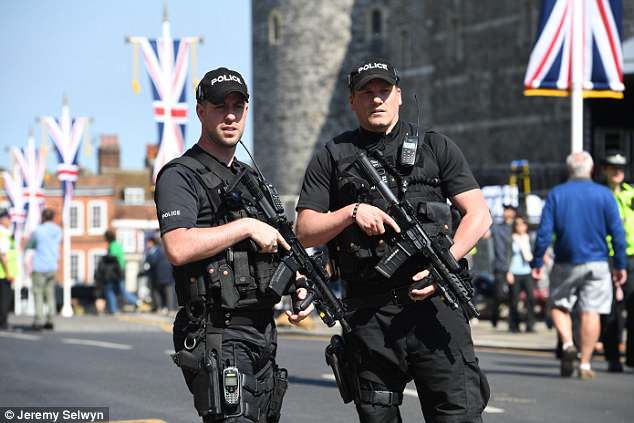Of all the terrible arguments made in favour of cannabis prohibition – and there are many – one of the worst is the argument that contends that cannabis prohibition is a good thing because some of the people that get involved in the criminal justice system are incentivised to stop using cannabis. This article will examine the flaws in this logic.
One of the saddest peasant attitudes remaining in our society is the idea that certain people just need a “good kick up the arse” to encourage them to function properly again. The idea seems to be that a “short, sharp shock” of physical abuse can be beneficial to drive dullness from a person’s mind. It’s an abusive attitude that is a remnant of a less enlightened time and, fortunately for the rest of us, it’s dying off.
This attitude finds expression in the idea that getting arrested on account of a cannabis offence could be a good thing, if that led to a person suddenly appreciating the consequences of cannabis use and changing their habits for the better.
There is an element of logic to this line of reasoning. After all, it’s common for young petty criminals to become afraid the first time they encounter some genuine heat from the Police, or the first time they do a custodial sentence and realise that prison isn’t a great deal of fun after all. This fear can, indeed, change behaviour.
But what this approach leaves out is two things.
The first is that many people simply don’t want to stop smoking cannabis, any more than they want to stop playing rugby or buying magazines with Harry and Meghan on the cover. You could instruct the Police to arrest people for playing rugby in the park, on the grounds that their behaviour was recklessly dangerous, but it wouldn’t make it the right thing to do or a good idea. Neither would it stop people from doing it.
Psychologically speaking, it’s hard to declare that you know how another adult should live their lives, and so much better than them, that you can fairly justify setting the Police on them if they don’t do what you say they should do. In another time and place, that degree of coercion would be recognised as slavery, and it’s no wonder that people naturally disobey the cannabis laws today.
So this means that deploying the Police to force people into getting medical treatment for using cannabis (as if that even made sense) will not be effective in the long term. People feel like they have the right to use cannabis, and they will continue to feel as if they have the right, because it’s natural to think it ridiculous that a medicinal plant could be illegal.
It’s possible that Police involvement in a person’s life might reduce their level of cannabis use, but so what? Punching someone in the face for eating a Big Mac might also inspire them to make healthier lifestyle decisions, but that doesn’t mean that the overall benefit of the action outweighs the overall harm.
The second is that there are cases of legitimate medicinal need, and encounters with the criminal justice system are not helpful in cases of medicinal need. Police officers are not qualified doctors and neither can they be. Having them as the first line of dealing with cannabis users makes as much sense as making the Army responsible for it.
The argument refuted in this article is usually made by people who are entirely unaware of the medicinal properties of cannabis. When they become aware of the medicinal properties of cannabis they tend to stop making it. Of course, if a substance really is medicinal then it ought to be something supplied by doctors and pharmacies; the Police should not be needed at any stage.
There may, indeed, be cases where there is a cannabis user who needs psychiatric intervention. After all, there are many instances in which certain strains of cannabis will not be helpful. A person who is acutely psychotic from sleep deprivation doesn’t need a honking high-THC strain that will wire them even tighter.
But even in cases like this, it’s not Police intervention that would be helpful, unless it comes as part of the Mental Health Act or similar and not as part of enforcing the law against the “crime” of cannabis. A person who has mentally disintegrated so far that they need psychiatric intervention is already in a kind of hell. The last thing they need is to encounter law enforcement.
The argument that cannabis users can be persuaded to get treatment for “cannabis abuse” by getting arrested, and then threatened with further attacks from the Justice system, is neither fair for rational. It would be better for cannabis to be made legal and destigmatised, so that people who did need treatment would be more likely to get it. Police involvement is unnecessary.
*
This article is an excerpt from The Case For Cannabis Law Reform, compiled by Vince McLeod and due for release by VJM Publishing in the summer of 2018/19.

